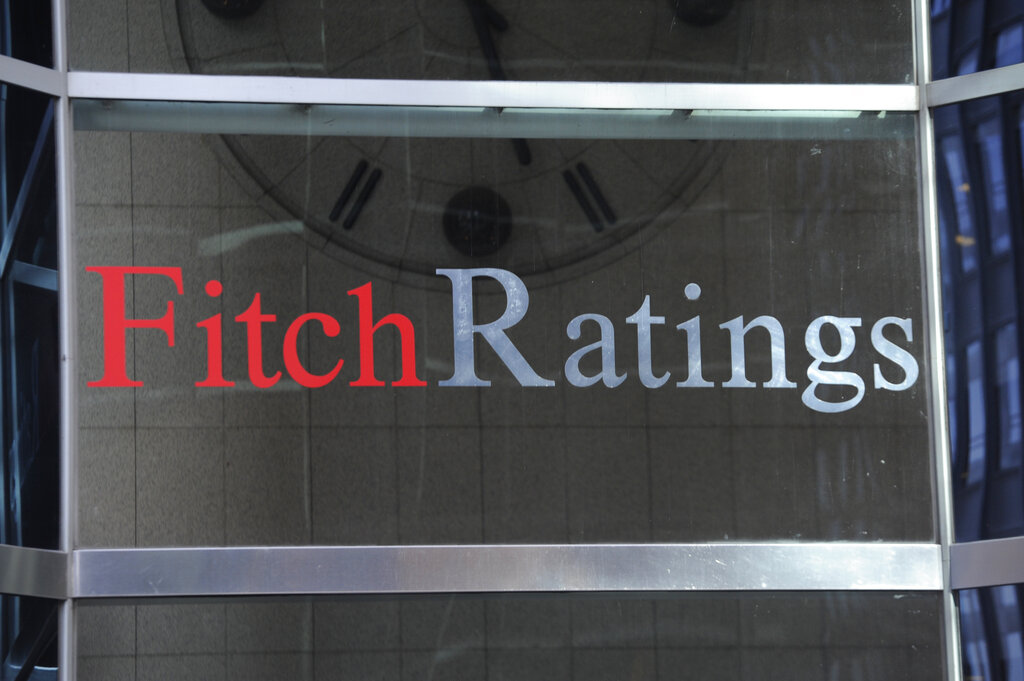As expected by analysts, Hungary’s BBB debt rating was affirmed by Fitch Ratings, and its negative outlook was maintained. The agency made its decision on Hungary’s sovereign debt on Friday, June 14, after the other two major credit rating agencies had reviewed the country over the past two months and left their ratings unchanged.
The rating agency considers the month-on-month improvement in external trade data as a positive factor in determining the rating. However, the fiscal situation poses risks. Just this week, the Fiscal Council warned that the government needs to be very disciplined to maintain this year’s deficit target of 4.5 percent.
In its detailed explanatory note, Fitch said Hungary’s BBB rating is supported by strong structural indicators, investment-led economic growth, and solid net foreign direct investment (FDI) compared with its BBB peers. These are offset by high public debt relative to peers, unorthodox policy actions, and deterioration in governance indicators in recent years.
The outlook, although unchanged, is also significant: The negative outlook reflects risks around the political environment and public finance performance, which could undermine economic stability and put pressure on financing costs.
“The reports of the three most important credit rating agencies all reflect a high level of confidence in Hungary, thanks to the fact that the Hungarian economy has started to recover despite the intensifying war situation,” the Hungarian Ministry for National Economy wrote in a statement commenting on Friday night’s decision from Fitch. The ministry stated that the government’s economic policy measures are proving effective and efficient.
Following the successful reduction of inflation, the economy rebounded in the first quarter of 2024, with GDP growing by 1.7 percent on an annual basis and 0.8 percent compared to the previous quarter. This put the Hungarian economy among the front-runners of EU economies in the first quarter. The government will continue to re-launch economic growth for the rest of the year and will further increase the pace next year, with GDP growing by 2.5 percent in 2024 and 4.1 percent in 2025.






